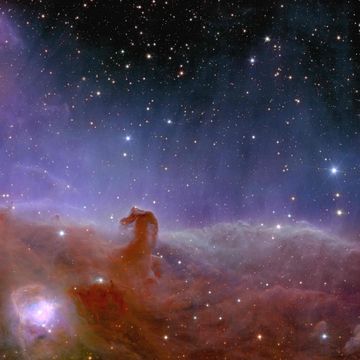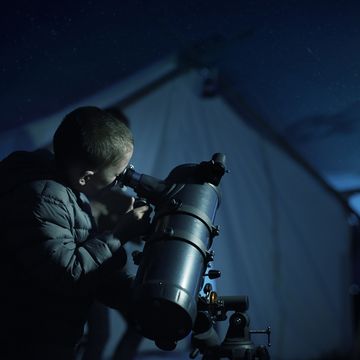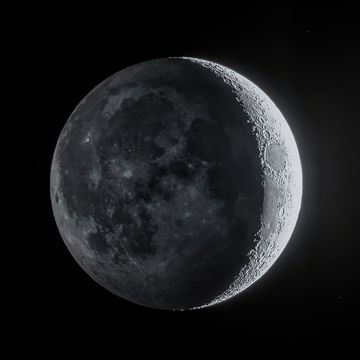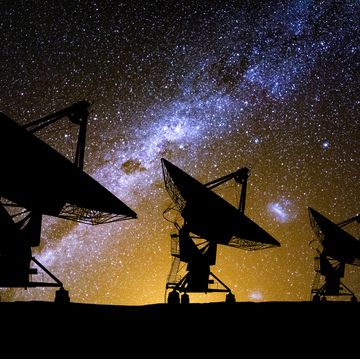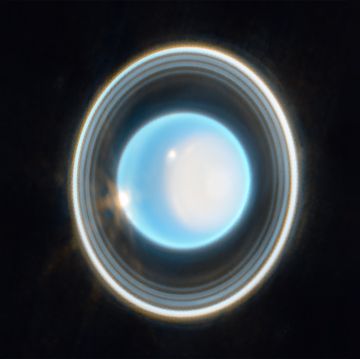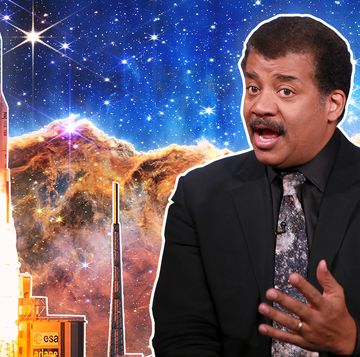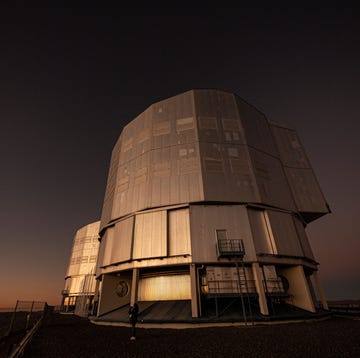It's been a rough half century for SETI. It all began in 1960, when Frank Drake turned a 26-meter radio telescope to the stars, hoping to hear a broadcast from extraterrestrial life. In response, his team heard, well, nothing. And for 55 years since, that's largely been the case. (The "Wow! signal" notwithstanding.)
But part of the problem is SETI has been run on a shoestring budget for the majority of its life. That's about to change.
Russian Internet billionaire Yuri Milner has now pledged at least $100 million over the next ten years to helping the project ramp up its efforts to detect life outside our solar system. He's recruited big names including Stephen Hawking, Cambridge University's Lord Martin Rees, NASA veteran Peter Worden, and Ann Druyan, co-creator of the TV show "Cosmos" and the widow of Carl Sagan. He's also pledged a $1 million to anyone who can create a message we could send back if we were to discover that another civilization was out there listening.
Dubbed Breakthrough Listen, Milner has secured rights to use the world's two largest radio telescopes: the Green Bank Telescope in West Virginia and the Csiro Parkes Telescope in Australia. With these new telescopes at work, the search for alien radio signals will now be 50 times more sensitive and cover 10 times more area than previous efforts. If anything is using anything more about as powerful as a "common aircraft" radar in the 1,000 stars nearest to Earth, Breakthrough Listen will be able to detect it.
Stephen Hawking, speaking at the announcement, said this: "We believe that life arose spontaneously on Earth, so in an infinite universe there must be other occurrences of life. Somewhere in the cosmos perhaps intelligent life may be watching these lights of ours, aware of what they mean. It's time to commit to finding the answer to search for life beyond Earth. The Breakthrough Initiative is making that commitment."
"It is sure to bear fruit," Hawking continued. "If a search of this scale and sophistication finds no evidence of intelligence out there it will be a very interesting result. It will not prove that we are alone, but it will narrow the possibilities. It is important for us to know if we are alone in the dark."
Source: Wired UK




